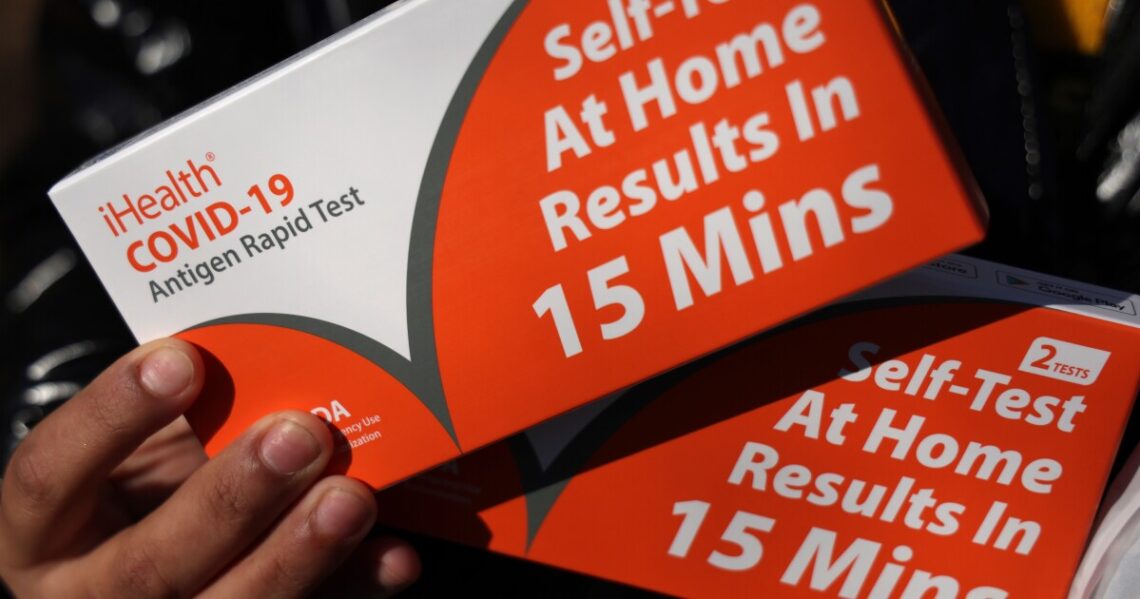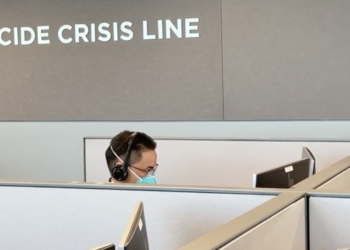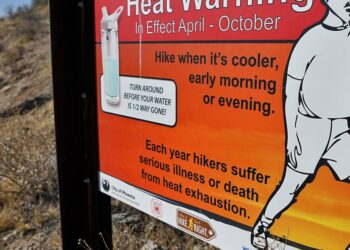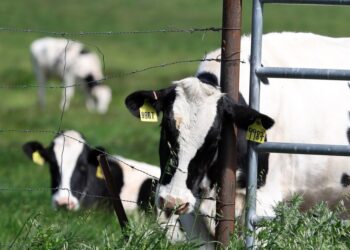Time is running out for free-to-consumer COVID-19 vaccines, at-home test kits and even some treatments.
The White House announced this month that the national public health emergency, first declared in early 2020 in response to the pandemic, is set to expire May 11. When it ends, so will many of the policies designed to combat the virus’s spread.
COVID vaccine makers are poised to raise prices
Take vaccines. Until now, the federal government has been purchasing COVID-19 shots. It recently bought 105 million doses of the Pfizer-BioNTech bivalent booster for about $30.48 a dose, and 66 million doses of Moderna’s version for $26.36 a dose. (These are among the companies that developed the first COVID vaccines sold in the United States.)
People will be able to get these vaccines at low or no cost as long as the government-purchased supplies last. But even before the end date for the public emergency was set, Congress opted not to provide more money to increase the government’s dwindling stockpile. As a result, Pfizer and Moderna were already planning their moves into the commercial market. Both have indicated that as soon as that happens, they will raise the price they charge, somewhere in the range of $110 to $130 per dose, though insurers and government health programs could negotiate lower rates.
“We see a double-digit billion[-dollar] market opportunity,” investors were told at a JPMorgan conference in San Francisco recently by Ryan Richardson, chief strategy officer for BioNTech. The company expects a gross price — the full price before any discounts — of $110 a dose, which, Richardson said, “is more than justified from a health economics perspective.”
That could translate to tens of billions of dollars in revenue for the manufacturers,…
Read the full article here







